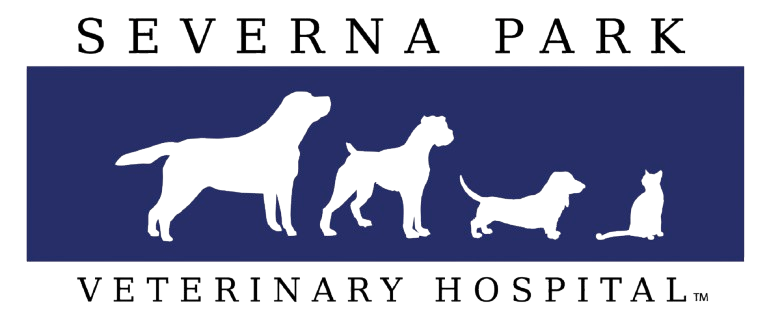Common Household Hazards
There are many common foods, medications, plants, and chemicals found in the average household that are poisonous to our pets. Some of these toxins cause only mild clinical signs, while others can cause severe illness or can even be fatal. This blog will provide you with information on some of the toxicities we see most often as a veterinary practice, but it is far from a complete list. For any suspected pet poisoning, we always recommend contacting one of the animal poison control hotlines (see end of the blog for contact information) and/or your pet’s veterinarian.
Medications & Drugs:
Ibuprofen/Aspirin (Dogs & Cats): Most human non-steroidal anti-inflammatories (NSAIDs) are unsafe for use in pets. Many of these human tablets have a sweet candy flavored coating which can be tempting for pets and may be one reason why this is one of the most common poisonings we see. Signs often include vomiting and diarrhea, ulcers in the intestinal tract, and in the worst cases, liver or kidney failure.
Acetaminophen (Cats): Acetaminophen is the active ingredient in “Tylenol” and is extremely toxic to cats (dogs can often handle small doses without significant issue). In cats, acetaminophen can cause damage to the red blood cells, vomiting, difficulty breathing, increased heart rate, liver failure, or death.
Amphetamines (Dogs & Cats): Many human prescriptions for ADD or ADHD medications fall in this drug class and can be very dangerous if ingested by your pet. Clinical signs can include agitation, elevated heart rate, elevated temperature, seizures, or death.
Marijuana (Dogs & Cats): Pets can be exposed from ingestion or if they breathe in enough secondhand smoke. Clinical signs often include disorientation, incoordination, and dilated pupils. In more severe cases, tremors, seizures, slow breathing, or coma can occur.
Tobacco (Dogs & Cats): Pets can be exposed from eating cigarettes/cigars, e-cigarette cartridges, chewing tobacco, or even nicotine gum. Clinical signs can include drooling, vomiting/diarrhea, and in more severe cases, agitation, increased heart rate, seizures, or death.
Alcohol (Dogs & Cats): If your pet drinks enough alcohol, they can develop signs like alcohol poisoning in humans. In mild cases, this may be incoordination, disorientation, and vomiting. In more severe cases, it can be breathing changes, low blood pressure, tremors, seizures, or coma.
Prevention and Emergency Contacts:
As pet owners, we all do our best to protect the animals we love from harm. We recommend “pet proofing” your house to minimize the risk of exposure to some of these common household poisons. However, even in best homes with the most proactive owners, accidents sometimes happen! In the case of a pet poisoning emergency, the following animal poison helpline numbers are recommended:
Pet Poison Helpline, 855-764-7661, http://www.petpoisonhelpline.com
ASPCA Animal Poison Control Center, 888-426-4435, www.aspca.org/pet-care/animal-poison-control
Both hotlines are teamed by pet poisoning specialists who will make specific recommendations based on your pet’s poisoning emergency. If veterinary attention is recommended, please contact our office or your pet’s regular veterinarian immediately. If after hours, contact a local 24-hour emergency hospital such as AAVEC (410-224-0331) or Dogs & Cats Emergency and Specialty (301-809-8800).

